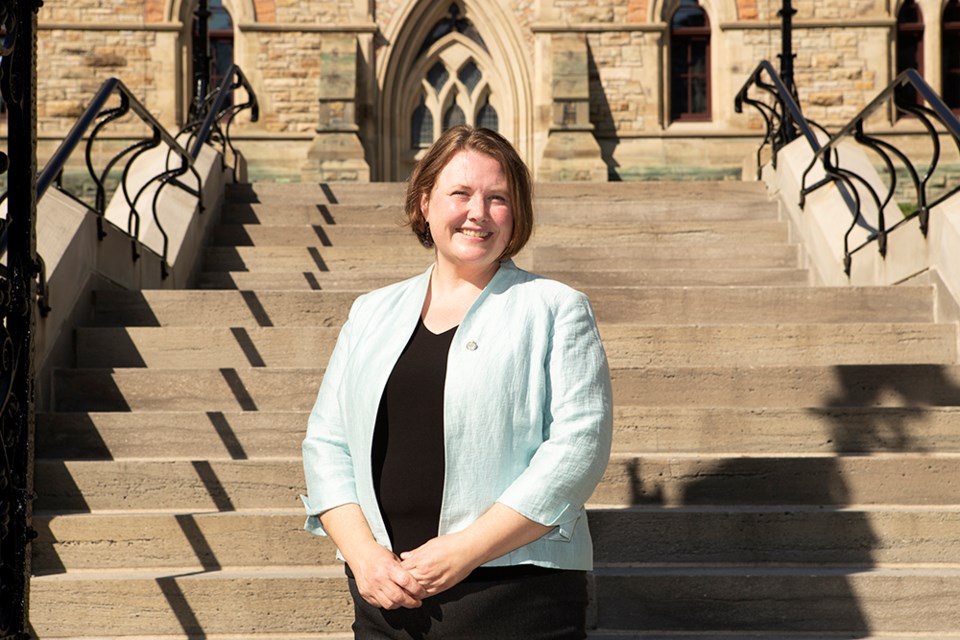With the COP26 United Nations climate change conference in Scotland underway, national governments are meeting to try and mitigate the effects on climate change on the planet.
For North Island-Powell River MP Rachel Blaney, what’s important is that Canada needs to study and meet targets.
“We have a government that has set a lot of targets and we have not come close to reaching those targets,” said Blaney. “I want to see an actual plan. We also have to look at the transition and make sure industries that are going to be impacted are part of the process, where we hold accountability, but we also make sure that where we can, we are making sure there’s good jobs for people.”
Blaney said this is going to be a very difficult time and her party will be watching the federal ministry of environment and ministry of natural resources to see some solid action.
“I’ve always said that based on my conversations with a lot of workers in numerous industries who use natural resources, there are a lot of people who see what is happening to the climate and they want to see significant change within their industries, but they need to see support from all levels of government to get to that place. We’re serious about meeting those targets.”
Blaney said the government has to stop sending so much subsidy to the oil and gas industries.
“This is something we need to start working on and changing because we need to keep that money and invest it in our communities to see what we can do as we move forward toward a new environment and a new world and a new economy that is based on more sustainability,” said Blaney. “For our riding, looking at how rural and remote we are, we need to see those resources flowing into our communities. We need to see those new industries or new developments in industries actually happen. It needs to be focused on local communities because we know what we need to do, and we know our environment best, and a lot of the solutions are right there.”
Blaney said she believes within the riding there is a great deal of innovative capability and capacity to find solutions to a dire problem. She said that’s part of the reason why she had Motion 53 in front of the House of Commons last parliament where she talked about acknowledging that resource-based economies in small, rural and remote communities, such as those in her riding, have built the country based on those resources. She said when things get tough, the federal government steps away and watches as challenges are faced.
“I wanted to let the government know that this is not okay, and we need to see investments now in these communities and we need to see that innovation grow,” said Blaney. “If you look at the environmental crisis and how each region of Canada, which is such a huge country, is going to respond, it’s going to be vastly different. What can we do to see investments in those areas to create solutions that make sense?”



